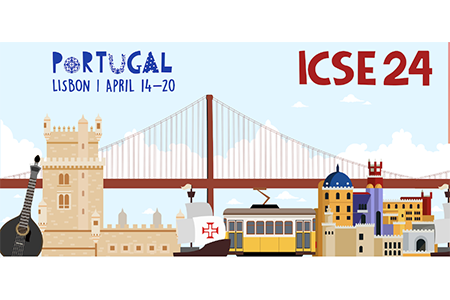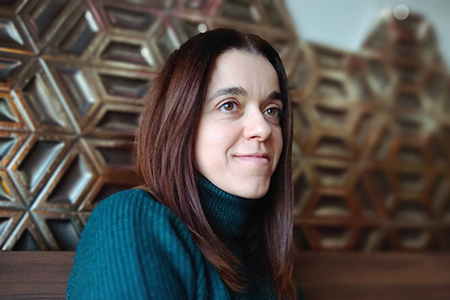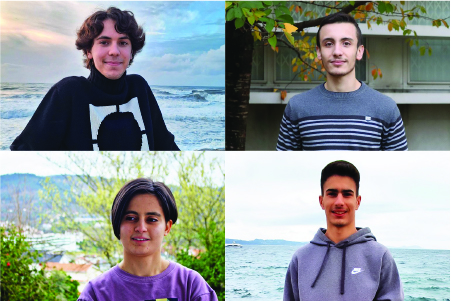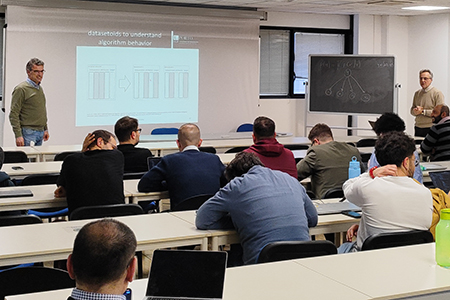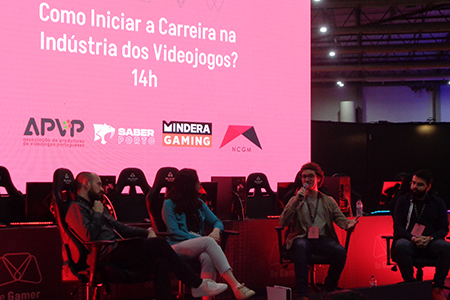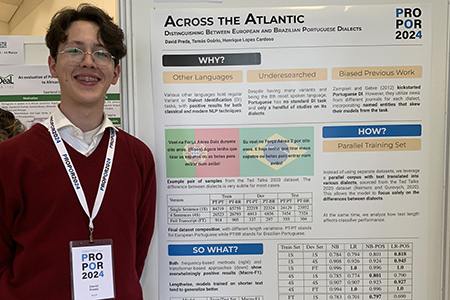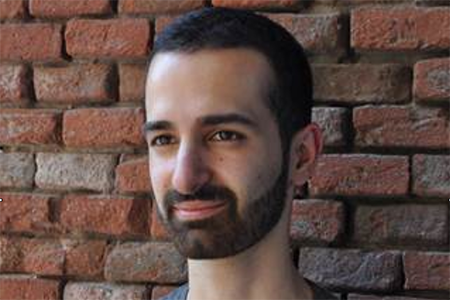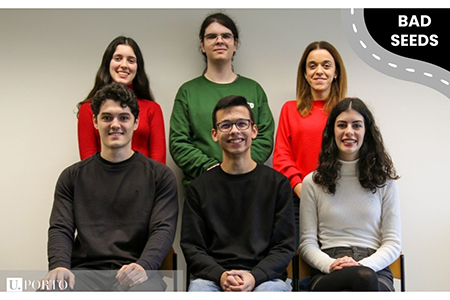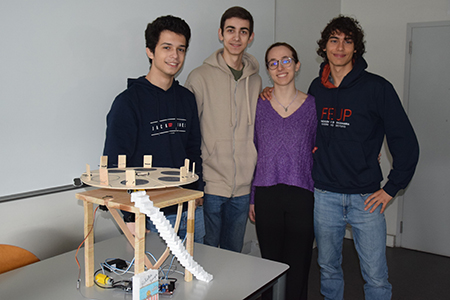This week Centro Cultural de Belém is hosting what is considered to be the leading international software engineering conference, ICSE 2024 – The 46th International Conference on Software Engineering. Since 1975, ICSE has provided a forum where researchers, professionals and members of academia come together to present and discuss the latest innovations, trends, experiences and issues in the field of software engineering.
From 14 to 20 April, the CCB will host Keynotes, Workshops, Symposia, Technical Sessions, Tutorials, Poster Sessions and many other activities in its auditoriums and numerous rooms, in a programme that will explore topics such as ethics, reliability in Artificial Intelligence systems, inclusion, biases in software, energy efficiency or algorithms applied to software engineering, among many others.
The main speakers are “prominent figures in the field of Software Engineering, chosen for their significant contributions to science and industry and who are at the forefront of research, innovation or leadership in the field”. Carol Smith (Principal researcher SEI/CMU) will address the topic of ethics and trustworthiness in AI systems; Rupak Majumdar (Scientific Director, Max-Planck Institute for Software Systems) will analyze the challenges and opportunities in Model Checking Large-scale Distributed Systems; Soumith Chintala (VP Fellow at Meta AI), inventor of PyTorch, will explore the unique properties of the latest generative AI systems; Martin Rinard (Professor, Massachusetts Institute of Technology) will raise questions about the connection between large language models and software engineering.
Other highlights include the presence of Bertrand Meyer, a French academic who created the Eiffel programming language in the 1980s, Alexander Serebrenik, whose research aims to facilitate the evolution of software, taking into account the social aspects of software development, Luís Cruz, a PhD from MAP.i, working at Delft University of Technology in the areas of Sustainable Software Engineering and Green AI, among many others who promise to enrich the event by providing a “comprehensive overview of the multiple facets of Software Engineering, from theory to practice, and opportunities for in-depth learning and peer interaction”.
The conference’s Organising Committee includes several DEI professors and as General Chairs, Ana Paiva and Rui Maranhão Abreu, who are ready to welcome the nearly 2 000 participants arriving in the capital this week.
